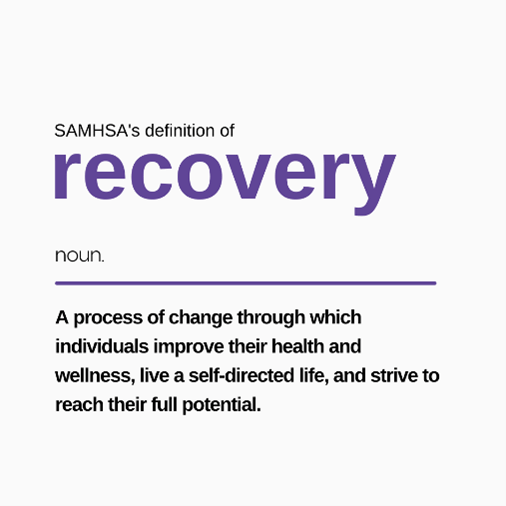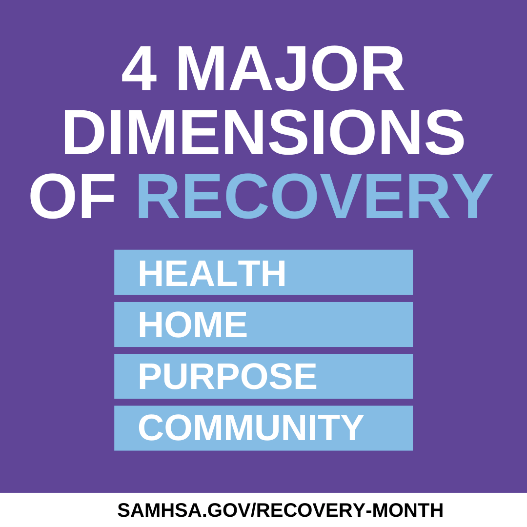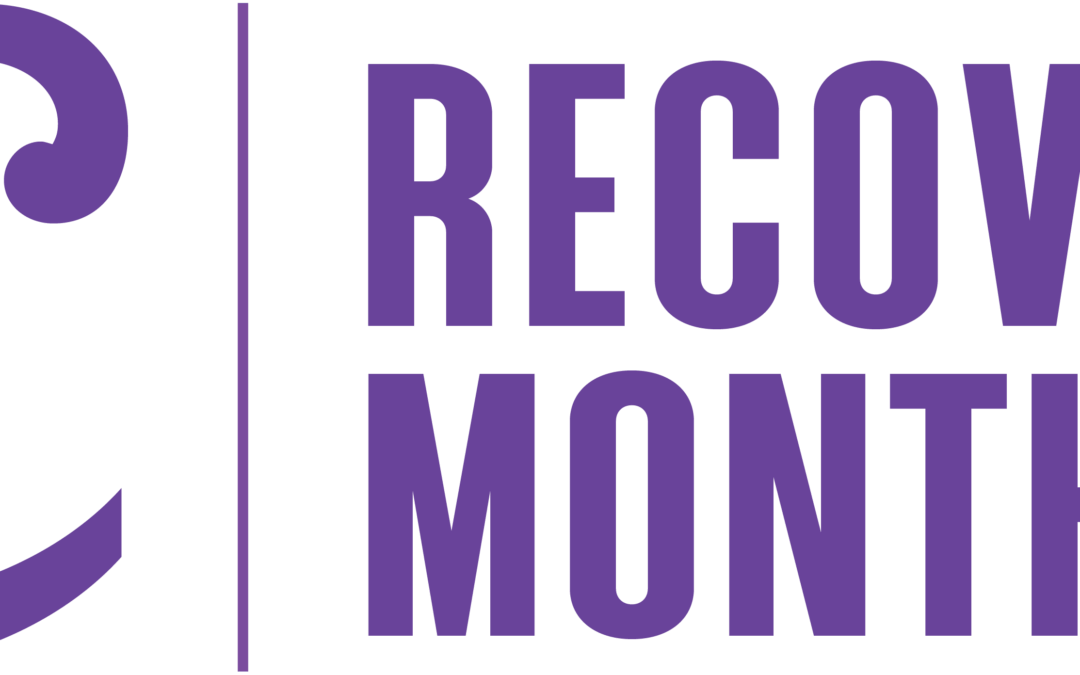More than 20 million Americans are recovering from a substance use disorder and studies say one-third of people who seek treatment for alcohol problems either recover or substantially reduce drinking within one year. When it comes to addiction, celebrating recovery milestones is key in order to help alter the structure and function of one’s mind as they’re going through treatment. To celebrate the road to recovery with friends, children, colleagues, and other loved ones, every September is proclaimed as National Recovery Month,when the community promotes health and wellness by commemorating individuals in recovery and reducing the stigma often associated with substance use.
National Recovery Month is also a time to learn how to help someone struggling with addiction, and how to spot early warning signs. Overcoming substance use disorder is courageous and difficult; here are the steps to help someone you know or love take action to live a fuller, healthier life.
Recognizing the Signs
Individuals who have alcohol use disorder may hide signs and symptoms of prolonged addiction, making it challenging to recognize the signs of addiction.
Alcoholism has both a physical and psychological dependence. There are many warning signs of alcohol dependence, such as storing alcohol in hidden places, preferring to drink over activities and hobbies, or binge drinking. Denial is also common as the person might not recognize how frequently they drink or how many problems alcohol abuse has created in their lives.
Alcohol intoxication and alcohol withdrawal are also signs to look out for. Intoxication includes behavior problems, unstable moods, and slurred speech while withdrawal presents more physical symptoms like rapid heartbeat, vomiting, and restlessness.
Patterns of alcohol use disorder range from mild to severe, and can develop into even more serious complications if there is no support. It’s ultimately up to the person to stay on track during their recovery journey but there are ways to boost support.

Defining “one drink”
According to The National Institute on Alcohol Abuse and Alcoholism, the following is considered as a standard drink:
- 12 ounces of regular beer (about 5% alcohol)
- 8 to 9 ounces of malt liquor (about 7% alcohol)
- 5 ounces of wine (about 12% alcohol)
- 1.5 ounces of hard liquor or distilled spirits (about 40% alcohol)
Helping a loved one overcome addiction
The best way to approach a loved one with alcohol use disorder is with knowledge, openness, and compassion. An empathetic and judgment-free approach can go a long way in convincing your loved one to get help. Have a meeting with your loved one to discuss concerns about their frequent drinking habits and back it up with examples that you’ve seen of their behavior. This blog post contains many resources on what to know about AUD and more helpful information for you and your loved one can be found on Al-Anon, Alcoholics Anonymous, SAMHSA, and the National Institute on Alcohol Abuse and Alcoholism.
Be prepared that you may receive a negative reaction as your loved one could be in denial, but it’s important to remain calm and give them the time and space they need to think it through. It’s hard to admit that there’s a problem but don’t give up on persistence; offer help, not ultimatums. Do not enable them, as in drinking around them or making excuses for their behavior. If the person is resistant to it, you may need to gather their family, colleagues, and friends to get the person into intervention treatment. Check out 10 additional ways to help a loved one start the road to recovery.
No matter how severe an alcohol use disorder problem may seem, it’s never too late to pursue treatment.
6 ways to be supportive for a loved one in recovery
Another goal of National Recovery Month is to encourage Americans to show support for loved ones in recovery. If you have a loved one in recovery, consider giving these a try:
- Join them for family therapy: While your loved one is still in treatment, there are many opportunities to participate in family-focused events or therapy sessions. Doing so lets them know you support their journey.
- Learn more about substance use disorders: You and your family will benefit from being better informed about how substance use disorders develop and how they impact the brain.
- Set healthy boundaries: Avoid enabling behaviors by establishing clear rules and boundaries and enforce them consistently.
- Keep communication open: Individuals in early recovery face challenges in their sobriety journey. Create an environment for open communication and make sure your loved one knows you are always available to chat with them.
- Avoid using substances around them: Provide a supportive environment for your loved one in early recovery by being sensitive to their potential relapse triggers.
- Enjoy healthy activities together: You can help your loved one make the transition to a sober lifestyle by engaging in healthy activities along with them, such as hiking, volunteering or going to the movies, for example.
In the spirit of National Recovery Month, why not make a special effort to support its goals? Consider sharing SAMHSA’s important public messages on your social media or within your own community to help inform and engage those around you.

How to Celebrate Recovery Month 2022
As this national alcohol and drug addiction recovery month rolls around once more, it is time to celebrate and do your part to help spread awareness on recovery.
Whether you are in recovery yourself or know someone who is, here are a few ways to observe and celebrate National Recovery Month 2022:
- Volunteer your time or money to an organization that provides free addiction treatment or prevention services.
- Attend a Recovery Month event in your area.
- Share your recovery story whether in-person or through social media.
- Speak out against or education others on the harmful stigma and stereotypes related to addiction.
- Spread awareness on recovery and addiction treatment options.
- Reach out to someone you know in recovery and commend them for it.
- Educate yourself or others on addiction.
- Begin your journey to recovery by seeking help if you need it.
September is National Recovery Month 2022
National Recovery Month is held on an annual basis in the month of September and is celebrated by addiction treatment providers across the country. It was originally launched by the Substance Abuse and Mental Health Services Administration in 1989 but is now run by Faces & Voices of Recovery.
Each year, this monthly national observance is used to not only celebrate those in recovery or those who work in the recovery space but also to educate people that recovery from a substance use disorder (SUD) is possible and treatment is available.
For those already in recovery, Recovery Month 2022 can be a reminder of their hard work and how far they have come since first deciding to get inpatient or outpatient treatment and get sober. For those still struggling with addiction, this national observance could be a beacon of hope that encourages them to finally get the care they need. This month is also a time to commend and thank professionals in the addiction field for their dedication and hard work.

